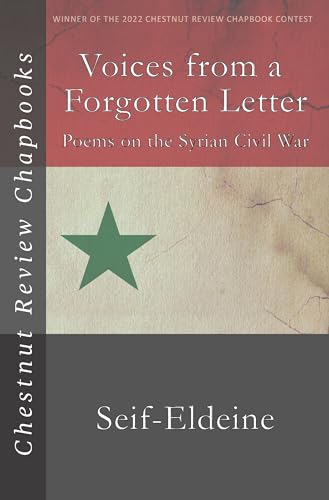This book presents translations of a wide selection of written records which survived the eruption of Mount Vesuvius in AD 79, giving a vivid impression of what life was like in the town.
From the labels on wine jars to scribbled insults, and from advertisements for gladiatorial contests to love poetry, the individual chapters explore the early history of Pompeii, its destruction, leisure pursuits, politics, commerce and religion, plus early reports of its excavation.
Information about the city from authors based in Rome is included, and the great majority of sources come from the city itself, written by its ordinary inhabitants – men and women, citizens and slaves.
With helpful introductions, notes and illustrations, this Sourcebook will appeal to anyone with an interest in Pompeii and in daily life in Roman times. It is also designed to be directly relevant to those studying the Romans in translation, at school or university level.


